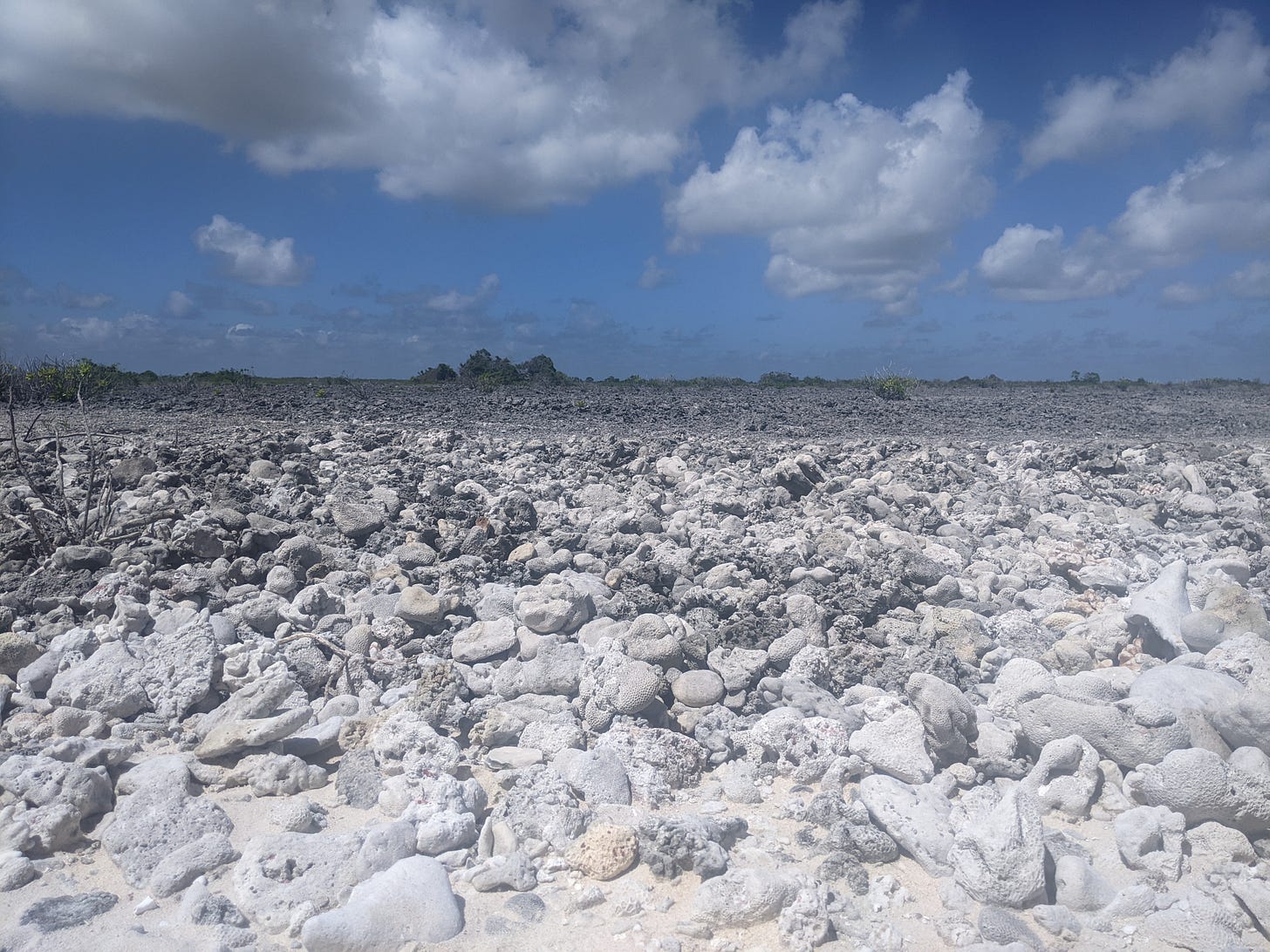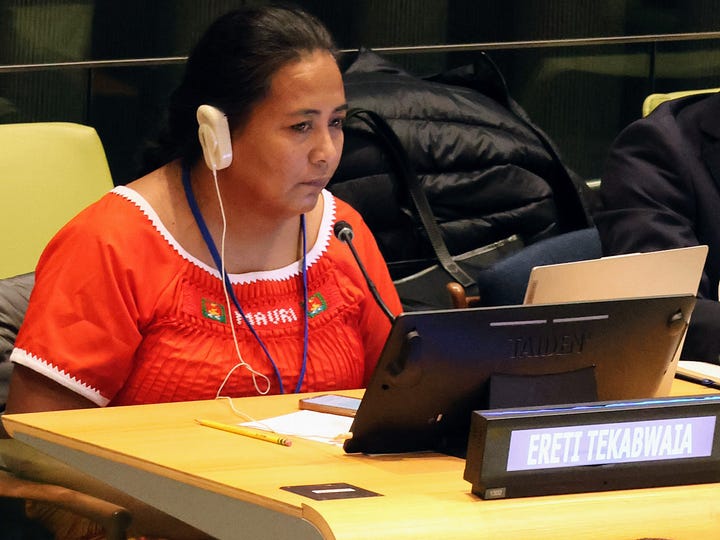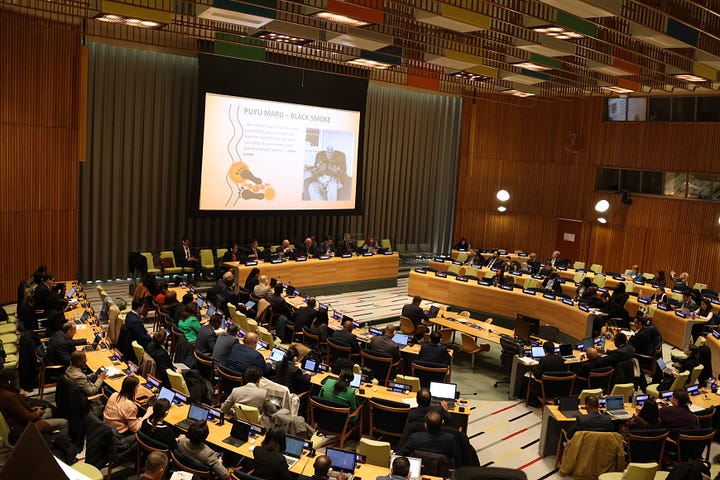BREAKING - UK Foreign Office: Government will not assist victims of nuclear testing
Minister “pays tribute” to test survivors, but will not provide requested information or financial compensation.

Responding to a question by British MP Bell Ribeiro-Addy, Minister Leo Docherty said:
“The UK Government has no plans to respond to the joint statement made by Kiribati and Kazakhstan, as their statement is inconsistent with the UK's position on the legacy of nuclear tests. However, we recognise efforts to address the impact of historic nuclear testing and pay tribute to the veterans and civilians from the Pacific region involved in the tests. The UK has reviewed residual contamination relating to British nuclear tests on Kiribati and concluded that any required remediation had been undertaken.”
Unpacking the statement, the UK appears unwilling to respond to the request for assistance because, by doing so, they would need to consider the slew of evidence of ongoing harm stemming from the UK’s nuclear tests in Kiribati, which, according to Docherty, “is inconsistent with the UK's position on the legacy of nuclear tests”.
I’m outraged that the UK government refuses to adequately recognize the lasting impacts and suffering caused by nuclear testing…
Enyseh Teimory, Head of Policy at United Nations Association - UK, called the UK position “indefensible” in a statement provided to Spoiler Alert. She said, “As a British citizen and human rights campaigner, I’m outraged that the UK government refuses to adequately recognize the lasting impacts and suffering caused by nuclear testing on Kiribati.” Enyseh called on the UK to “stop neglecting its responsibilities and engage with victims assistance work to address these harms.”
We still can't eat some of the fish as they were poisoned.
The UK claims that the Island’s clean-up was completed in the early 2000s, a claim that is disputed by the Kiribati government and testing survivors.
Kiribati islander Taraem Taukaro tells Spoiler Alert, “Even now on the Island we still can't eat some of the fish as they were poisoned."


The physical and mental health effects and social, economic, and cultural impacts of nuclear testing in Kiribati are well-evidenced and persist to this day. Health problems consistent with exposure to radiation that indigenous populations – as well as military veterans – associated with the UK’s tests remain under-assessed by successive UK governments.
The request for assistance was made in a joint statement read by Kiribati’s Ambassador Tito from the floor of the NPT Prep Conference three months ago:
“We request the Nuclear-Weapon States to provide adequate financial compensation and engage in information exchanges with States Parties whose territories served as test sites.”
The UK carried out nine detonations in Kiribati and facilitated a further 24 U.S. tests on that territory between 1957 and 1962, while the territory was under British colonial control. The British and American blasts devastated the island’s landscape with a total yield of around 30 megatonnes; approximately 750 times the power of the combined bombs dropped on Hiroshima and Nagasaki in 1945.
Elizabeth Minor of Article 36, a UK organisation focused on reducing harm from weapons, called the government’s response “deeply inadequate.” Minor continued, “If the government is serious about efforts to address the legacies of nuclear testing, it should engage properly with Kiribati's work, including the new assessments on ongoing harm Kiribati is undertaking under the Treaty on the Prohibition of Nuclear Weapons.”
The UK has never apologised for the harm caused by the tests in Kiribati or offered compensation. The country has also refused to attend meetings of the Treaty on the Prohibition of Nuclear Weapons (TPNW) and listen, learn, and bear witness to the testimony of survivors of the UK’s nuclear testing.
Our next article will look at the ramifications of the UK’s refusal to release archival documentation which is vital to the programme led by Kiribati and Kazakhstan on victim assistance and environmental remediation.




